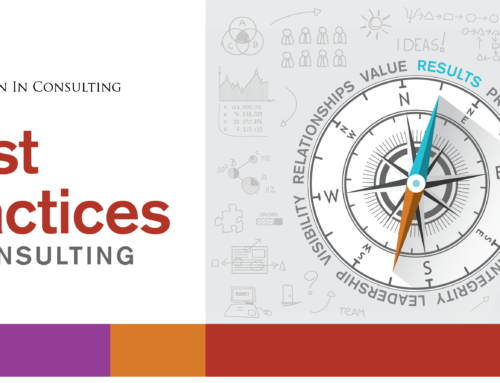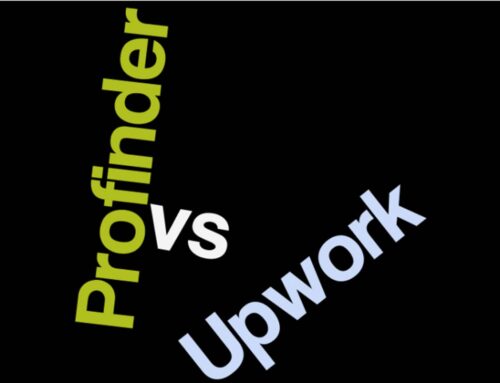In any economy – whether up or down – consultants need to differentiate themselves from their competition. And in these challenging times it’s business-savy to sharpen your differentiators.
I find Jay Levinson and Michael McLaughlin’s discussion of differentiators in their book Guerrilla Marketing for Consultants thought-provoking. I’ve made my own list below — leveraging some of Levinson and McLaughlin’s list (marked “L&M”), adding my own, and categorizing the differentiators.
Your Outcomes
- Results — what quantifiable results have your services delivered to a client? More customers? Significant savings? Etc.
- Testimonials (L&M) — Levinson and McLaughlin recommend getting testimonials from a respected university, think tank, or other institution. I would add getting endorsements from past clients.
Your Services
- Expertise (L&M call this differentiator “category authority”) — what is your specialty? How relevant is it to the client’s needs?Levinson and McLaughlin define a separate differentiator, “Giving Something Away.” This means that you can showcase your expertise when you are in the early stage of a relationship with a new client. For example, giving the client “a complementary seminar, a telephone briefing, or a research report that could benefit a client.” However, you should never discount your services
- Track Record — Is there something in your background and experience that differentiates you? Its breadth? Its depth? Its focus on an industry? Etc.
- Thought Leadership — Are you recognized leader in your field? This can be evidenced in a presentation or a seminar you gave at a conference in your field, or a course you’re teaching at a local university or college, or a book or article that you’ve authored.
- Methods and Approaches — Levinson and McLaughlin put this differentiator on a list of differentiators that do not work because clients expect a consultant to have the right toolkit.However, If you have a unique methodology or approach that produces outstanding results, I would include it as a differentiator. If this methodology or approach has been reused effectively, I think a client would be impressed that the delivery of your service is tested and proven – and also predictable.
Your Personality Traits
- Integrity (L&M call this “honesty”) — they say that clients are turned off by “overblown claims about results.” I would extend this by saying that integrity needs to be reflected in all your marketing and delivery efforts.
What other types of differentiators do you think are significant?
How do you differentiate yourself from your competitors?








